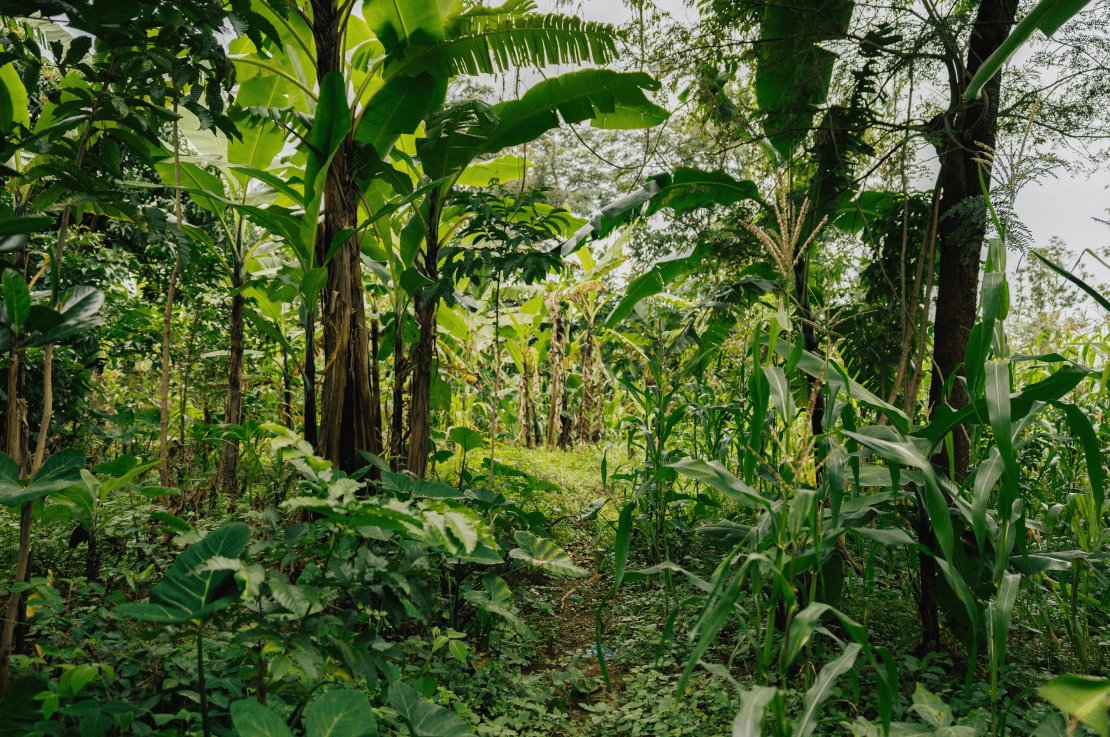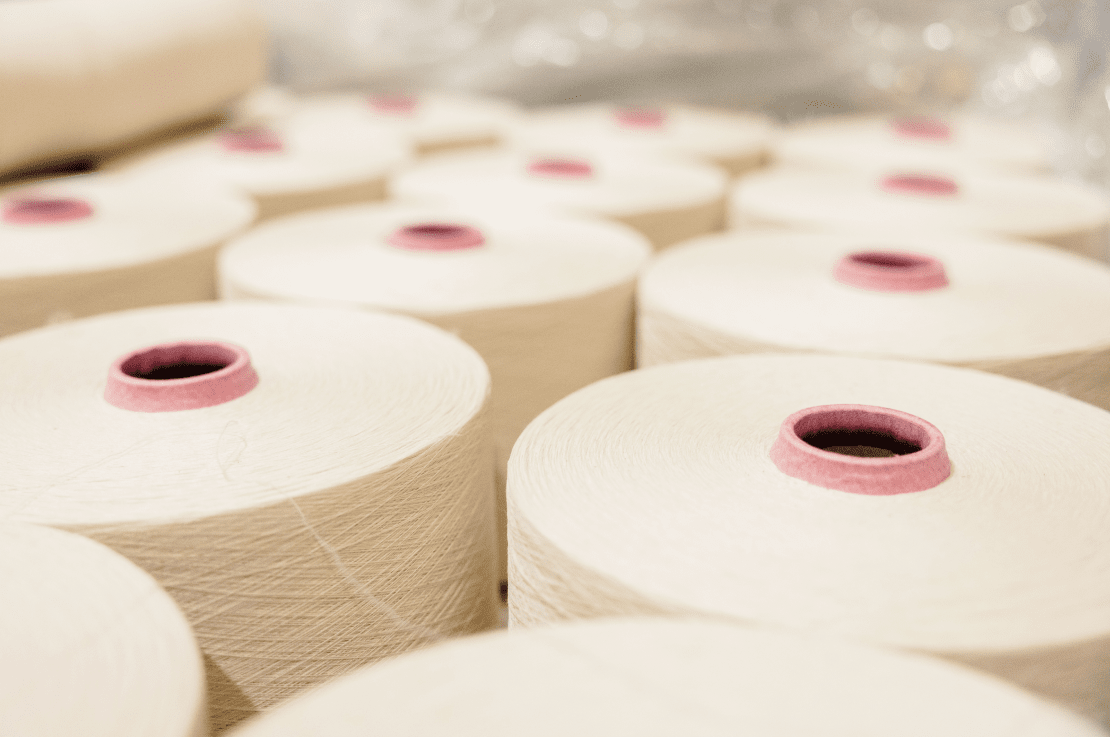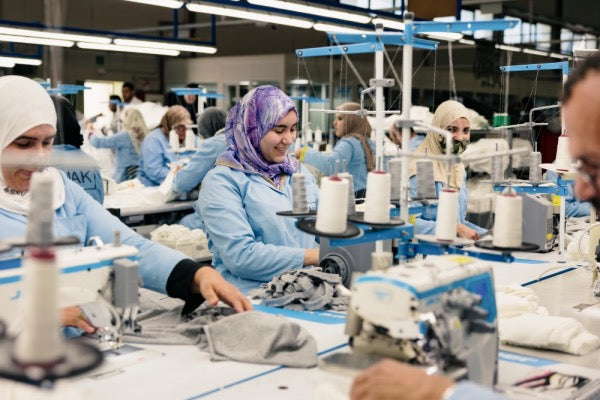“Being responsible is a core value; it’s been at the heart of Passenger since day one. We’re on a journey, focusing on what we can and should do, always trying to leave a smaller footprint.”
Jane Blacklock, Head of ESG
Our Impact & Traceability Journey
We’re on a journey to reduce our impact. That means a bunch of things, but importantly, it means partnering with the right factories to make outdoor gear that lasts, whilst advocating for worker rights and the environment. We’re here to enable you to find your meaningful escapism, whilst protecting the places we play and leaving a smaller footprint.
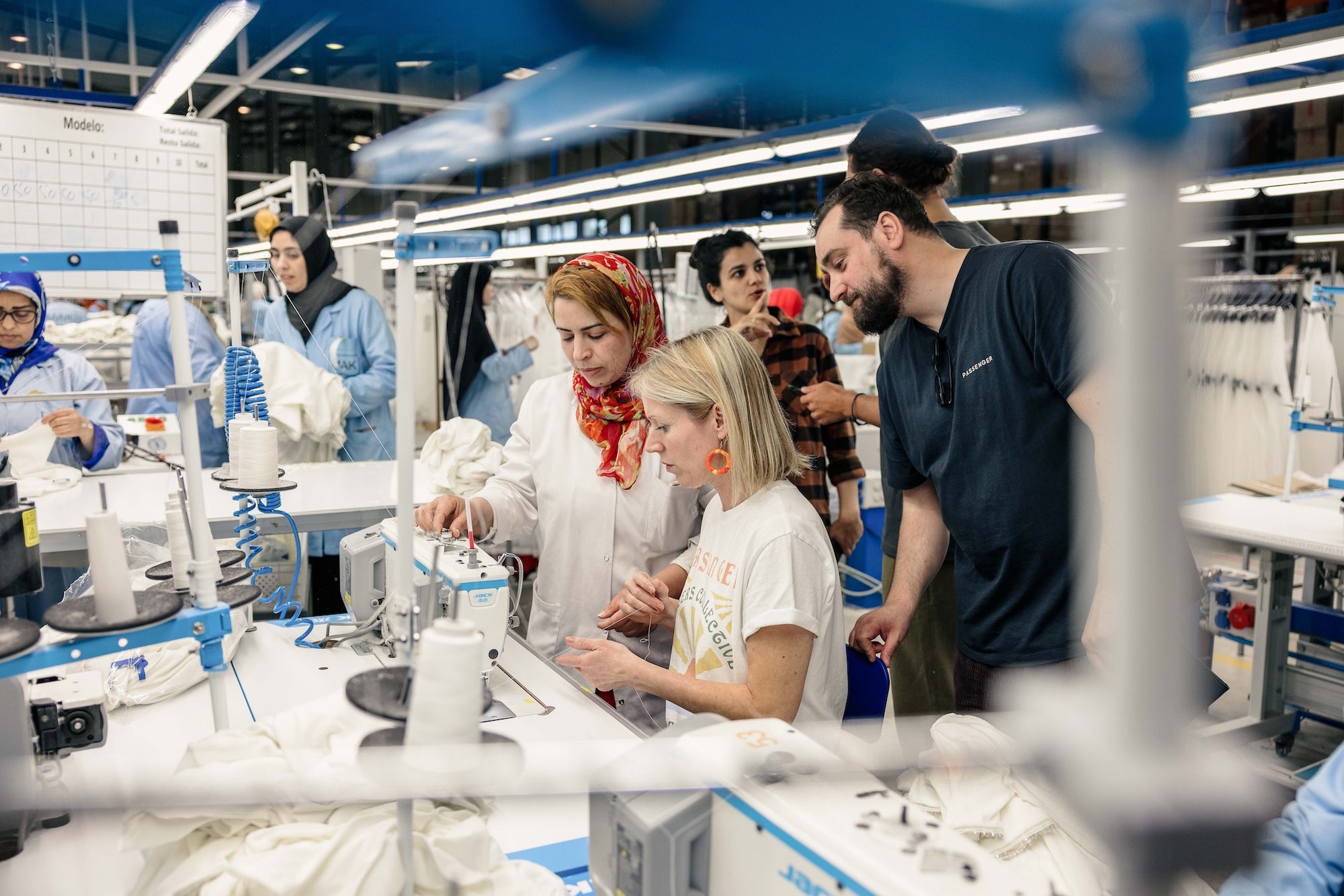
Mapping Our Supply Chain
Understanding our environmental impact starts with knowing exactly where our products come from. We’ve been mapping our supply chain for social and environmental, as well as commercial benefits, for a number of years. It’s a process, but we’re committed to seeking transparency and engagement from all of our manufacturing partners, including fabric, trims, and yarns.
We've partnered with industry experts Fairly Made to ensure our commitment to responsible sourcing and manufacturing is verifiable and actionable:
- Achieving deep-level mapping and visibility across our supply chain.
- Calculating Product Environmental Footprints for our products.
This detailed data also helps us calculate our overall Company Carbon Footprint, as our products form the bulk of our Scope 3 (indirect) Greenhouse Gas emissions.
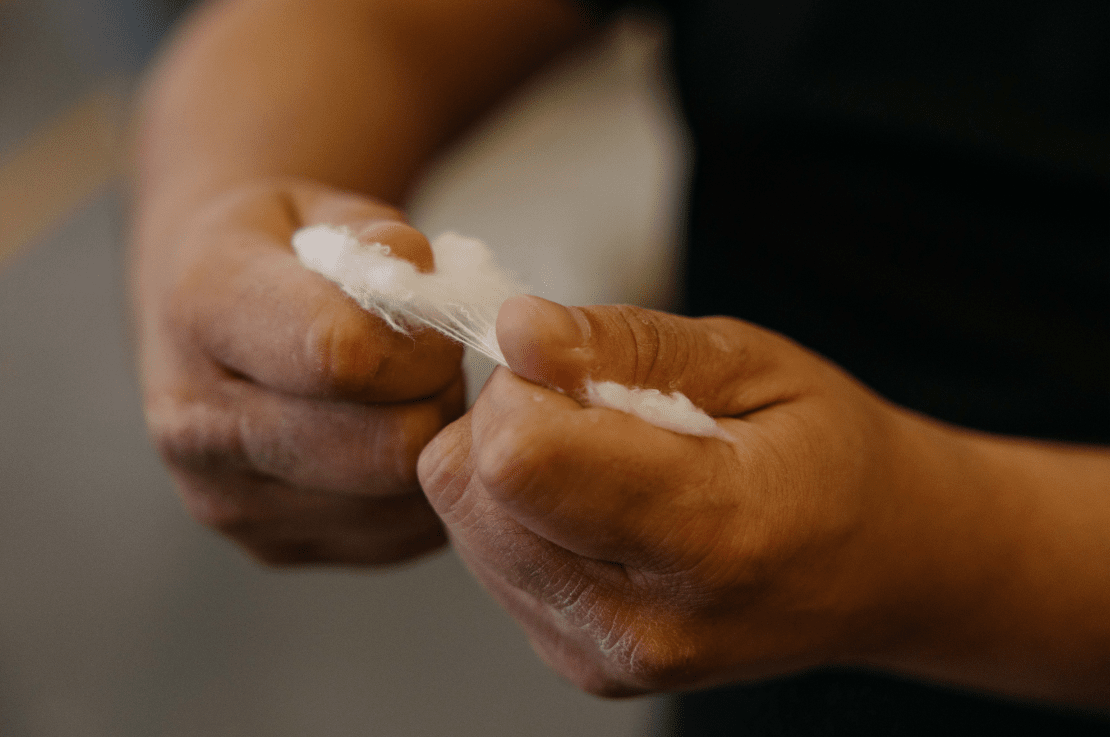
Increasing Transparency
The Fairly Made product data shows us a few things:
- The overall footprint of a product
- How far materials and finished goods travel to get to us
- What the deeper supply chain looks like
- Impact hot spots, such as energy and water use, that we can focus on to reduce our impact and decarbonise our supply chain.
We’ve completed this process for our 2023 and 2024 intake so far, giving us over twice the level of transparency in our supply chain. You’ll be able to see this data in action on certain product pages, under a new tab called ‘Impact’ that details the product’s footprint and supply chain info.
If you’re keen to dig into the details, head to Fairly Made.

Reducing Our Environmental Impact
Supply chain transparency is an important part of improving traceability and calculating our footprint, but we’re also using this information for carbon footprint reduction. We’re setting decarbonisation targets that are fully aligned with the Science Based Targets Initiative (SBTi), and the global commitment to limit global warming by 1.5 degrees above pre-industrial levels.
To get a carbon footprint baseline to measure our targets against, we're calculating our carbon equivalent impact (tCO2e and kgCO2e - tonnes and kilograms of CO2 equivalent) for our emissions. We're then using a common 'Intensity Ratio' so we can show our progress, whether the business grows or shrinks in future years.
Under the SBTi, 'Scopes' are a way to categorise a company's greenhouse gas emissions:
Scope 1: Direct emissions from company vehicles, or fuel burned in boilers for heating.
Scope 2: Indirect emissions, such as energy purchased for electricity, heating, or cooling.
Scope 3: All other indirect emissions, like manufacturing, shipping, customer use of products, business travel, and our waste. This is typically the largest part of a company's footprint.
Our most accurate and up to date company carbon footprint covers our activity in 2024, so this will be our baseline year:
Our Targets In Line With SBTi
Scope 1
Passenger's 2024 footprint was 6.9 tCO2e. For 2050, we're targeting 0.69 tCO2e, a 90% reduction.
Scope 2
In 2024, our footprint was zero because we only buy renewable energy, and we're committed to keeping it that way.
Scope 3
In 2024, our Intensity Ratio was 11.52 kgC02e per item of intake. For 2050, we're targeting 0.35 kgC02e, a 97% reduction.
What Else Is Happening?
Use Of Responsible Materials
Over 74% of our entire range uses recycled or organic materials, like organic cotton and recycled polyester.
Supply Chain Analysis
We’re analysing our supply chain to pinpoint and reduce the environmental impact from transport, energy use, and wet processing.
Supporting Our Supply Partners
We’re closely reviewing our suppliers’ energy profiles and efficiency data. If they need support to improve, we'll be there to help them on their way.

What's Next?
We’re working on publishing footprint data for all of our products to give you more transparency over what you’re buying. This info is on around a quarter of our product pages right now, and will increase as we do more research. You'll also be able to access this info via QR codes on some of our product care labels in 2026.
We’re also using the information we’ve gained through our partnership with Fairly Made to plan our transition to a low-carbon future, and we’ll be sharing this Transition Plan and some near-term targets in 2026.
Expect to hear more on what we’re doing to progress our responsible sourcing, carbon footprint reduction, and how we're working with epic manufacturing partners on reducing our impact, together.



